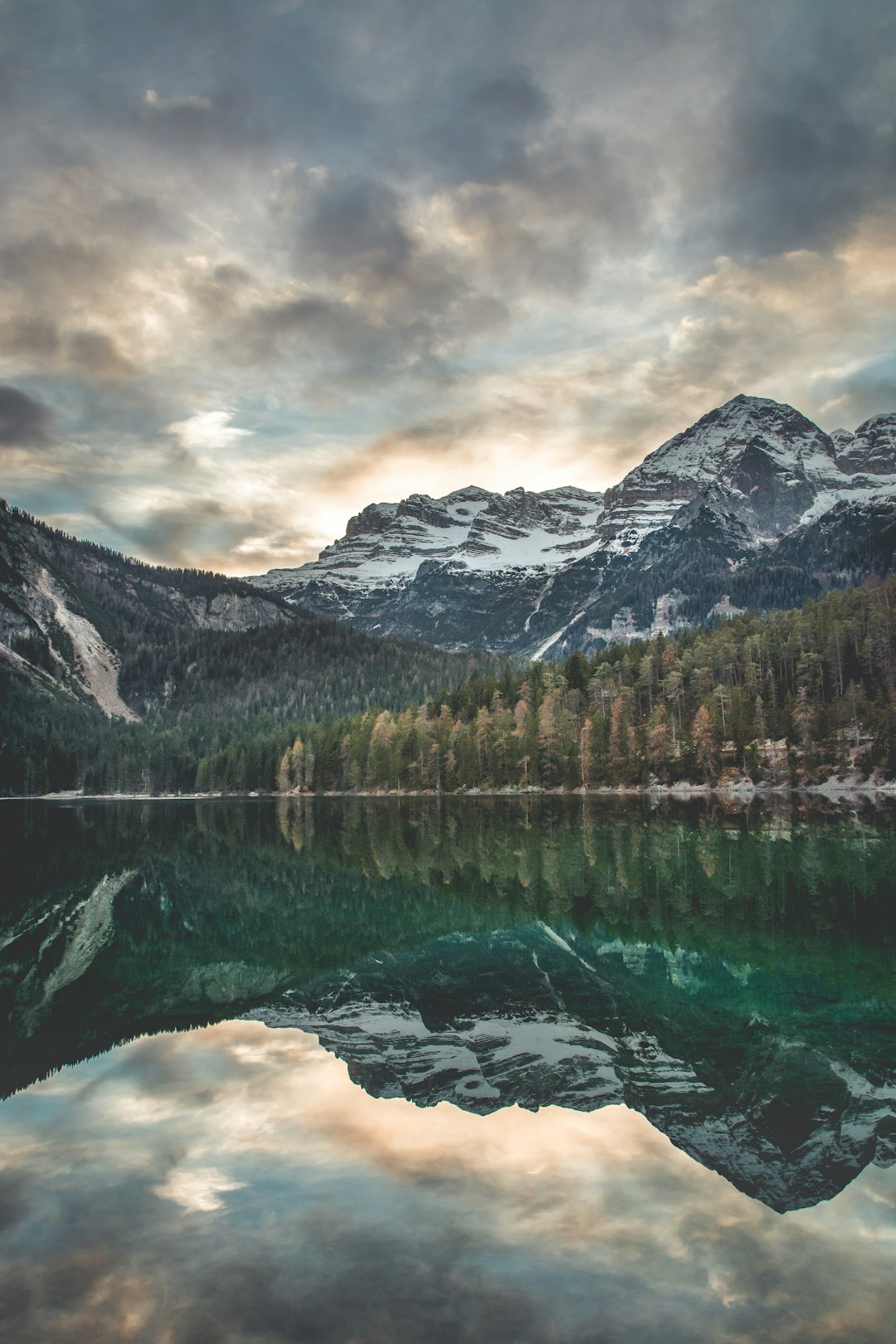Terrible Beauty, Part I
Beautiful words are like a deep lake in the mountains: the surface can stun you with reflected splendor of cloud and peak and sky, and in hot summers your skin thirsts for its cold shock. But what is underneath that beautiful surface? Are the waters really as safe as the peaceful image shimmering from sunlight? Like the lake’s mysterious depths, beautiful words both invite and repel. The invitation is obvious and attractive: drink and be sated by my beauty. But beauty extends a deeper invitation, one that in its appeal to your senses also frightens not only your body but also your soul: let me drink you into my depths and remake you.
I wonder if this is something like what Rilke meant when he wrote,
“For beauty is nothing but the beginning of the terrible.”
Photo by Pietro De Grandi on Unsplash
This was a favorite quote of Hans urs von Balthasar, who devoted 7 volumes of his 16-volume trilogy to the contemplation of beauty and Christ’s beautiful form as the glory of God. Elsewhere Balthasar wrote,
“An apparent enthusiasm for the beautiful is mere idle talk when divorced from the sense of a divine summons to change one’s life.”
Next week I will explore more that I see in the beautiful depths of Rilke’s haunting words (or, because I haven’t yet waded in that far, *think* I see). This week the focus is on the potential of beauty to change us—the terror that strikes when we jump (or are we pushed?) through the surface of beauty and into the dangerous deep. As Paul wrote, “who is sufficient for these things?” Who can fathom the terrible beauty of the cross, which is both a fragrance of life and a fragrance of death (2 Cor. 2:15-16)? Who can fathom the terrible weight of beauty that outshines even the horror of a Holocaust (2 Cor. 4:17)? Who can fathom the terrible beauty of suffering for the name of Jesus (1 Pet. 4:16)?
Quotes from Hans urs von Balthasar
Christian beauty…embraces the most abysmal ugliness of sin and hell by virtue of the condescension of divine love, which has brought even sin and hell into that divine art for which there is no human analogue.
The only thing that can correspond to [Christ’s] (literally) 'trans-porting’ beauty, a beauty, moreover, which exacts imitation, is a pliancy of the whole man which places one's entire existence at his disposal as malleable material to be shaped into his image.
Recommended Reading
A Key to Balthasar: Hans Urs von Balthasar on Beauty, Goodness, and Truth, by Aidan Nichols.
The Idiot, by Fyodor Dostoevsky. (This may show up next week as well. I haven’t read it yet (plan to after finishing Crime and Punishment), but as I reflect on these themes I also hear Dostoevsky’s famous line from The Idiot, “Beauty will save the world.”)
Question
What does the phrase “terrible beauty” evoke for you? I would love to hear your thoughts, leave a comment below!
